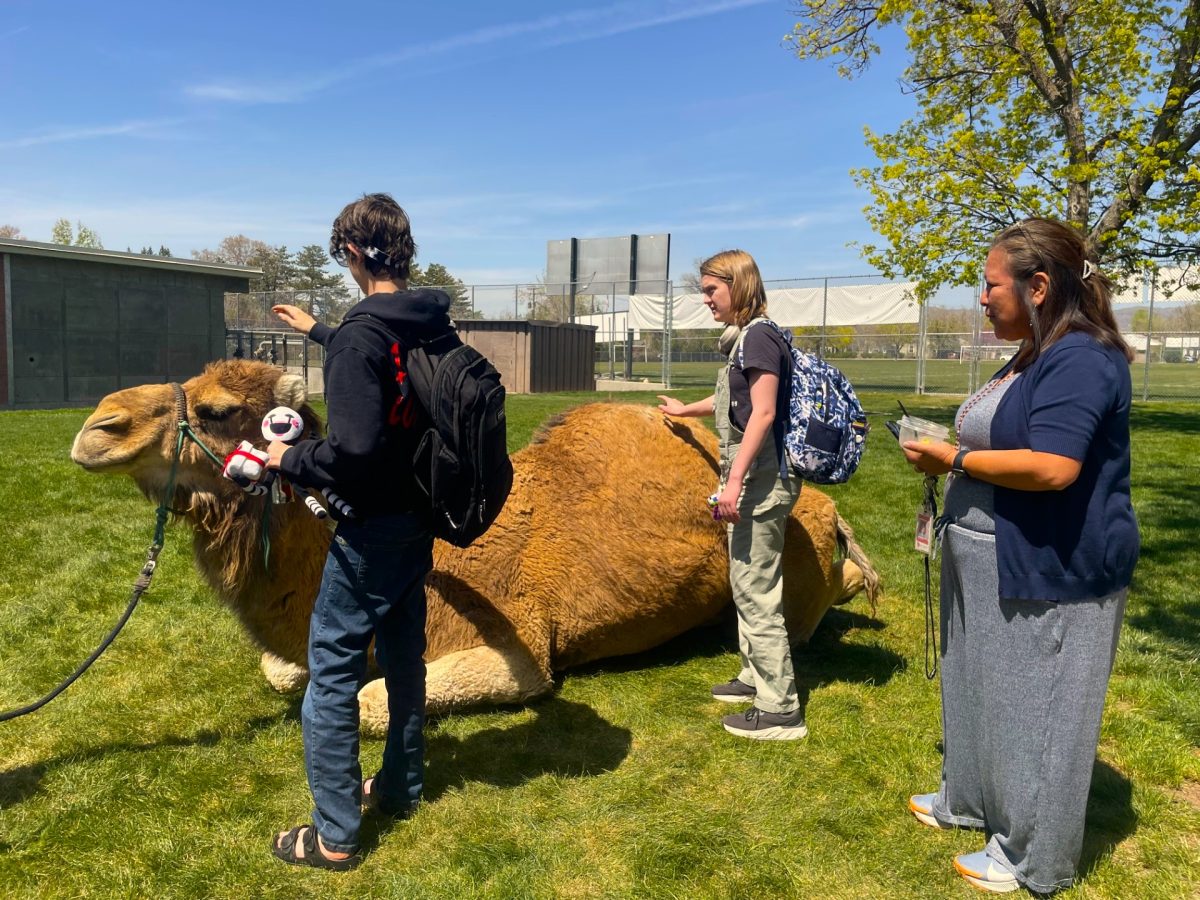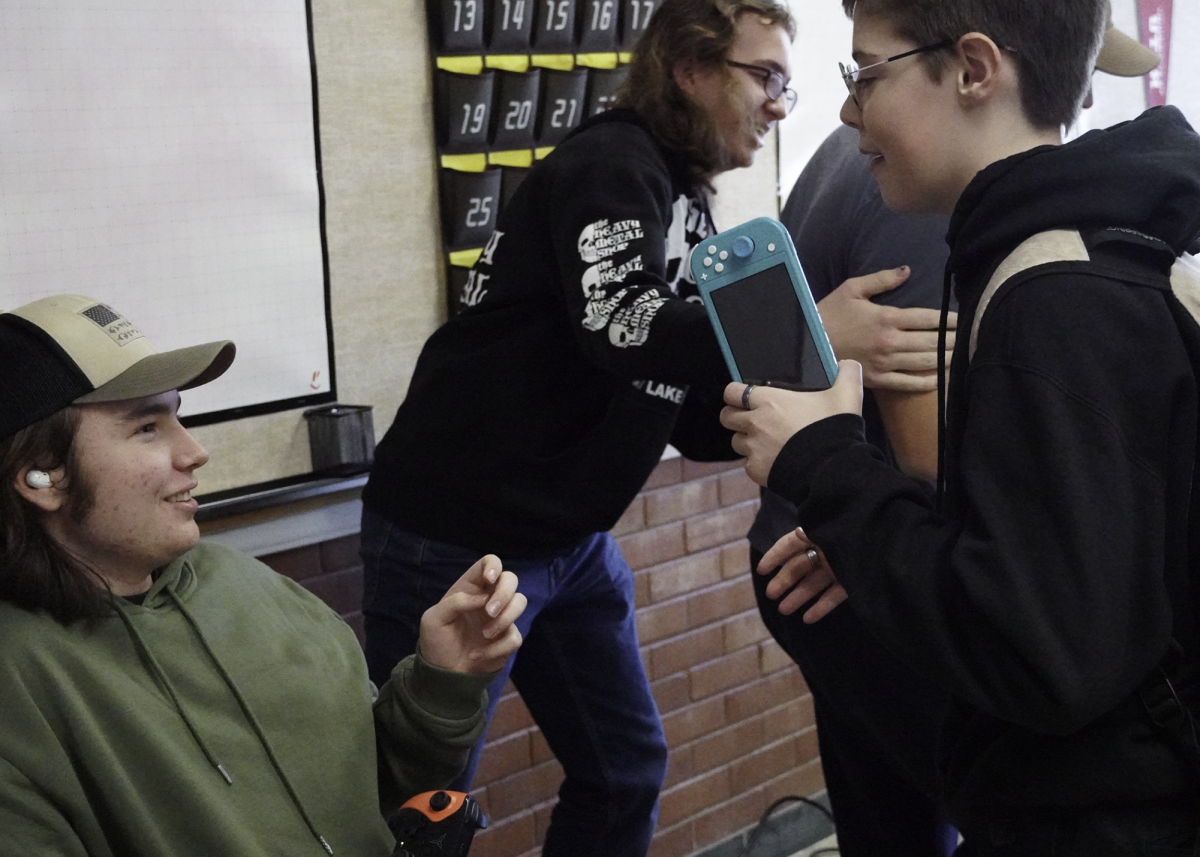How The Closure Could Affect Education In The Future
April 27, 2020
As students sit tucked away in their homes, there is talk of what they should go do with their friends “after.” They make future plans for hanging out “after.” In a normal setting, students usually make these plans based off of their workload and school schedules. How are the future plans for these things possibly going to change “after?”
It would make sense that as teachers and students become more adept at using their computers and cellphones to do assignments, that people would anticipate more online schooling to be what people are seeing themselves use in the future. However, the popular opinion is that online school is terrible. Both students and teachers are anxious to reenter the school building and do not really have the intention of working technology further into their lesson plans.
“I know I will have an increased capacity to use technology after this. But will I? Not a lot, unless I have to, or unless the technology improves drastically,” Matthew Shake, a Highland history teacher, said. “I am an extrovert who loves to interact with humans in-person! And I love to have intellectual conversations with students about social issues!”
There are a lot of issues that come from students needing to teach themselves in certain circumstances. For younger students in elementary school, most haven’t developed the habit of studying or teaching themselves a little extra after school like in higher grades. They aren’t used to researching and are at a disadvantage in that way.
“My son is in 2nd grade and I think the younger the kid, the worse online learning will be on their educational development,” Shake said. “Just because online learning is more developmentally appropriate for older learners who are used to being more self-sufficient anyways.”
Online school definitely presents more challenges to younger students, but it also poses big problems for students who don’t have internet or computer access and those who are not good at managing their own time.
“Many students do not know how to get online at home; some cannot afford internet access or have to wait in very long lines on the telephone to get questions answered, only to be told they need additional information in order to schedule an appointment to get internet, and even navigating a school district web page that is text dense to find resources can be extremely difficult,” Melissa Nowell, a Highland English teacher, said.
The bulk of Nowell’s students are ELL students, many of whom do not have computer access consistently at home. Other students have reported having to share one device between three or four siblings, making online time very difficult to find.
With a large number of students who do not have the ability to access online resources. The district and administration has been doing as much as possible to provide these students with what they need, but that doesn’t completely eliminate the obstacles. Amidst the chaos that is going on right now it can take a long time to receive the necessary assistance or resources when it comes to academics, and it doesn’t take long to fall behind in a class.
Online schooling also brings up issues of academic honesty and time management. Many students are used to the structure of a seven-hour school day and don’t know how to create that structure for themselves.
“Online school allows for students to take on school during more productive hours of the day, it also gives students the opportunity to get ahead,” Highland junior Claire Armstrong said. “However, if time is not well managed these things can also have a negative impact on students.”
Teenagers are often tempted towards irresponsibility. One of the biggest weaknesses of students today is the addiction to the internet. When your assignment and your YouTube tabs are mere pixels away from each other it makes it that much easier to get distracted. It also makes it easier to be tempted to look for answers online without doing the work.
“Online schooling makes it very difficult to concentrate,” Armstrong said. “It is also very easy to cheat on assignments which means students can get away with not learning.”
With all the concerns that teachers and students have towards online education, it doesn’t seem likely that the change as far as the conduction of education will be much more than a backup plan just in case and a little more knowledge of how to use technology if it becomes necessary. Teachers and students can’t wait until “after” when they can get back to traditional education.



























